Studiedag Soil Health Conference - World Soil Day
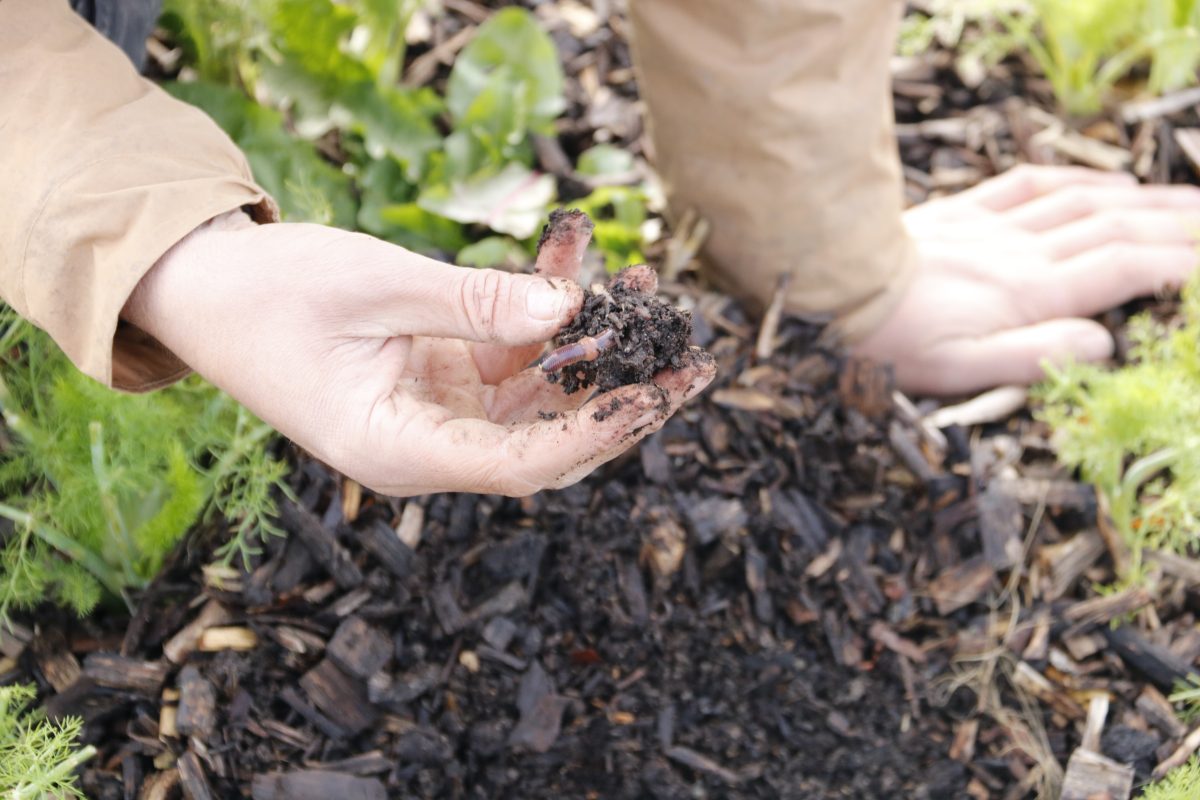
In Europe, 60-70% of soils have been diagnosed as ‘non healthy’ (EC, 2020). Flanders is no exception. The health of agricultural soils is crucial, not only for sustainable food production but also for the provision of ecosystem services. A growing number of farmers all over the world demonstrate that it is possible to achieve rapid improvements in soil health. They are reporting a better farm income, more nutrient dense food, and the restoration of essential ecosystem functions, including soil carbon buildup. Despite these impressive results, it remains a challenge to unravel the systems approach that pioneers apply every day.
Goal
The conference aim is to facilitate the needed paradigm shift from the current focus on chemistry to an agronomy propelled by biodiversity. Scientists, advisory services and farmers who have made this shift will inspire their peers as well as policy makers.
The conference program answers key questions about the future of agronomy, starting with an historical perspective. Other presentations provide scientific evidence for a biodiversity-based approach and present a range of good practices. The conference concludes with grounded recommendations for research, practice and policy.
Target audience
Scientists, advisors, policymakers and the wider agrifood community
Program
Historical research reveals that the very foundation of current agronomy may be more shaky than we thought. Which promising fields of research were abandoned at the start of the 20th century? What factors have led to knowledge erosion in the field of plant nutrition and plant health? - Anton Nigten & Jozef Visser
What are the mechanisms of soil health restoration as applied in regenerative agriculture? How does it restore ecosystem functioning? What soil organisms are crucial? How far can you go in substituting chemicals with biomimicry? How fast can you build up soil carbon in a temperate climate? Is there such a thing as carbon saturation? - Richard Teague, Kris Nichols, Koen Willekens
What does it take to improve soil health? What can regenerative agriculture deliver for farms? - Peter Vanhoof, Emiel Van De Vyver, Jos Van Reeth
Let’s start now to restore our soils! How can the institutional environment of advisors, agri-food businesses, scientists and policy makers accommodate the new agronomy of regenerative agriculture? - Panel discussion
Practical information
Language spoken: English
Fysical event: There will be no real-time recordings of this congress
Registration
Early bird fee for in-person registration (until 9 November 2022): 50 euro
In-person registration fee (after 9 november 2022): 65 euro
Please register using the following link: Soil Health Conference
Registration closes on Nov 21, 2022.

Download presentaties
Download documenten
Sprekers
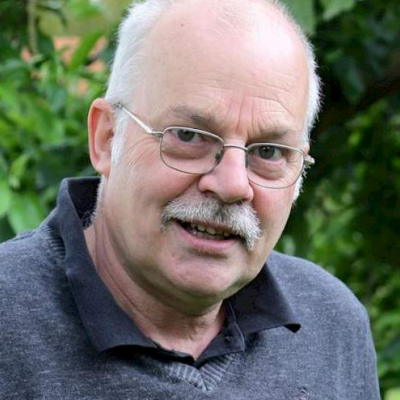
Anton Nigten
In 1979 Anton Nigten graduated from the Agricultural College in Wageningen in "rural sociology of non western areas" and has worked for the trade union and environmental movements. Since 2003 he has been studying the fertilizer issue as connected to food quality and health. He has discovered some flaws that have crept into organic farming, which cause yields and quality to fall short of what is possible. His mission is to integrate the knowledge and expertise of scientists and farmers adopting new insights. His presentation will be made in collaboration with Jozef Visser, PhD.
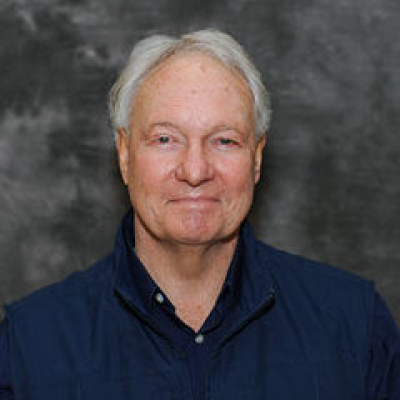
Richard Teague, Ph.D
Dr Richard Teague is a rangeland ecologist with Texas AgriLife Research. He received his BS (1972) in Grassland Science from the University of Natal, Pietermaritsburg, South Africa, and his Ph.D. (1987) in Botany Ecology at the University of Witwatersrand, Johannesburg South Africa. He has practical and research experience in grazing management systems, joined the Texas AgriLife Research and Extension Center in late 1991 as an Associate Professor, has published extensively on how regenerative grazing systems can restore ecosystem function, and has recently achieved emeritus status. Within his research he used a systems approach to developing land and livestock management practices that sustain natural rangeland resources as well as the people who depend on the land. His goals are to (1) broaden the understanding of requirements needed to regenerate rangeland grazing land ecosystem function and ranch economic viability, and (2) generate science based information to allow producers to improve management practices on rangeland.
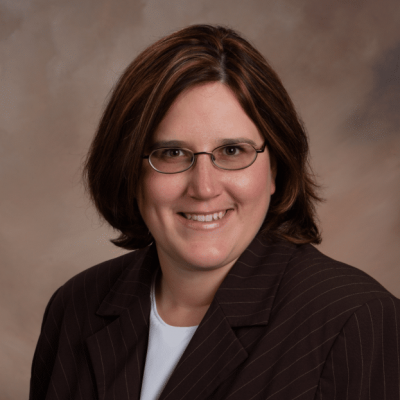
Kris Nichols, Ph.D
Dr Kris Nichols received a Bachelor of Science degrees in Plant Biology and in Genetics and Cell Biology from the University of Minnesota in 1995, a Master’s degree in Environmental Microbiology from West Virginia University in 1999 and a Ph.D. in Soil Science from the University of Maryland in 2003. She builds upon a soil health foundation to devise systems that are resilient and adapt to climatic uncertainty by increasing nutrient and water use efficiencies; improving pollinator activity and food security; and providing long term solutions to agricultural economic viability, food insecurity, and the loss of ecosystem services. She continues to develop and evolve methodology and tools for farmers to appreciate their soil. She has worked at Rodale Institute, and was a Research (Soil) Microbiologist with the USDA, Agricultural Research Service (ARS) in North Dakota for 11 years, where she investigated glomalin, a substance produced by AM (arbuscular mycorrhizal) fungi.
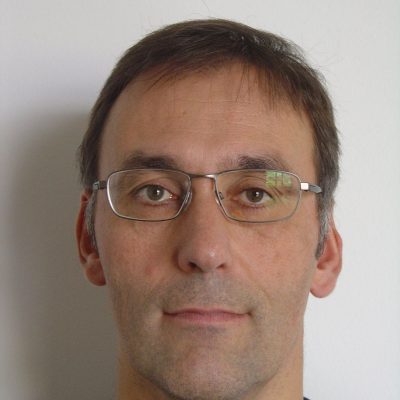
Koen Willekens, Ph.D
Dr Koen Willekens is a senior scientist specialized in soil management with respect to its effect on crop performance, soil quality, nutrient dynamics and carbon sequestration. Graduated as agricultural engineer at Ghent University (1989), he started his career as a self employed consultant and practitioner in the organic sector. In 1999 he joined the Flanders Research Institute for Agriculture, Fisheries and Food (ILVO) where he studied nutrient balances on organic versus conventional dairy farms and lead the farm advisory service FarmCOMPOST. In 2016 he finished his Phd “Nitrogen dynamics in relation to soil management and soil quality in field vegetable cropping systems”. Besides involved in international research projects on soil and cropping systems management, he nowadays, focuses on agroecological and organic cropping systems design and coordinates the Experimental Platform for Agroecology in Hansbeke.
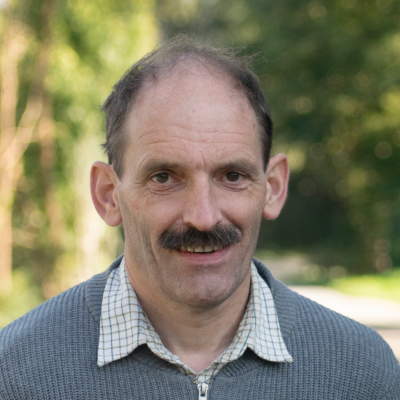
Peter Vanhoof
Peter Vanhoof owner of Organic Forest Polska, is an independent researcher and educator for regenerative farming. His main activity is advising dairy farmers in the Netherlands about how to optimize the conditions for the biology in soil, in the cow and in slurry. For the last 8 years he has been developing the Vanhoof test, a functional soil test which reveals the potential power of the soil microbiology. Using an innovative soil profile sampler, he helps farmers to take a closer look at the soil. All measurements are done in a mobile lab, which improves on farm advice. Peter’s mission is showing how to manage the biology on a farm at lower costs, with less stress and equal or higher production.
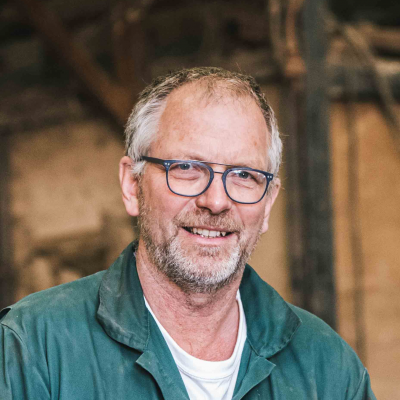
Emiel van de Vijver
Emiel van de Vijver has been farming since 1985 and runs an organic farm since 2001 on 50 ha on clay soils in Graauw (NL). He grows broccoli, celeriac, leek, carrots, parsnip, pumpkin and potatoes and has a 2 ha permaculture “voedselbos” (food forest). Ever since he started studying agriculture, he wanted to know how to optimize the soil and soil biology. Emiel started years ago with no till farming. A big breakthrough in nitrogen efficiency came after he started to fertilize with wood chip compost in the autumn. Emiel’s motto is “a healthy soil produces healthy food and healthy people”.
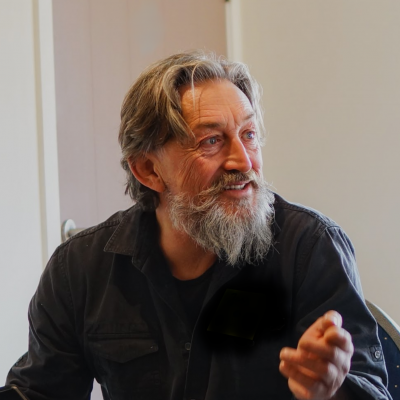
Jos Van Reeth
Jos Van Reeth has been farming since 1982. He currently runs a regenerative organic farm with his family on 120 ha on clay loam soils in Ny (BE). He has specialized in grazing systems and manages the farm holistically with cattle, horses, sheep and chickens. He has witnessed an extraordinary increase in soil organic matter over the last two decades, from 2 to 17 as well as impressive ecosystem function restoration, almost without any external inputs. Every autumn, he markets the 100 grass fed meat directly to consumers. He is connected to regenerative pioneers as far as New Zealand and keenly experiments with the latest bottom up innovations in soil health. Recently, he has coached Flemish farmers in regenerative grazing.
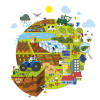 Living Lab Plant & Bodem
Living Lab Plant & Bodem